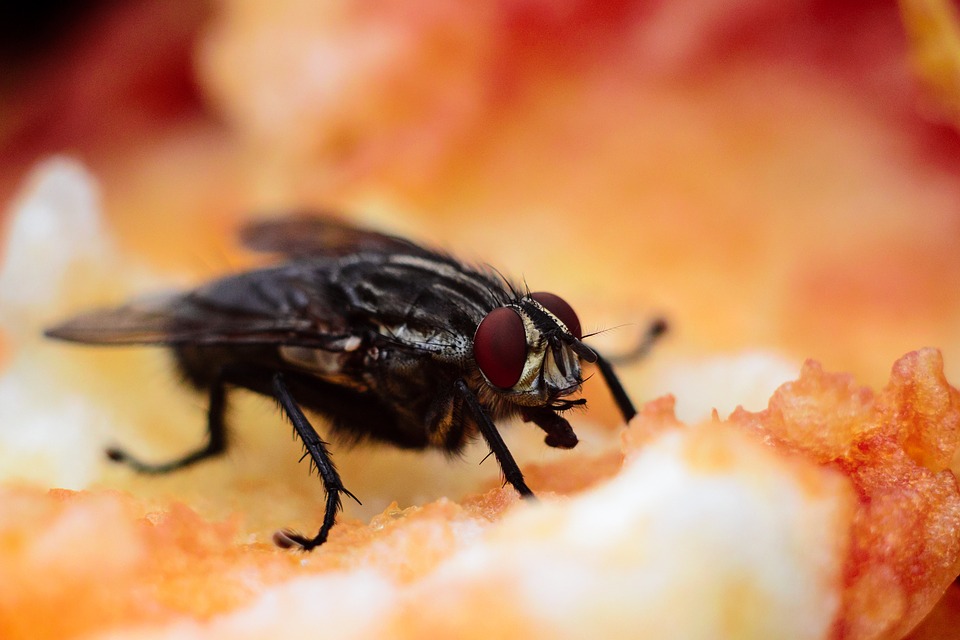
17/01/21 15:00 PM IST


It is a well-known fact that males of different species compete for the attention of females to mate with. In species where the female mates with many males, as in Drosophila (fruit fly) the sperms extend this competition to the post-copulatory domain. This is known as post-copulatory sexual selection.
In newsCompeting sperm

17 Sep
'Dehradun and several other districts in Uttarakhand have experienced very heavy rainfall over the past few days, triggering landslides in multiple areas and causing rivers to swel
Read More
08 Sep
'The Rajasthan Coaching Centres (Control and Regulation) Bill, 2025, is a significant piece of legislation passed by the Rajasthan Assembly to regulate and oversee the state's burg
Read More
28 Aug
'Recently, the Indian Space Research Organisation (ISRO) successfully carried out its first Integrated Air Drop Test (IADT-1), a crucial milestone in the preparation for the countr
Read More